Trump rebukes his own trade chief in excruciating televised Oval Office exchange
China’s vice premier heard laughing as president directly contradicts official in front of TV cameras
Television cameras captured an awkward argument between Donald Trump and his top trade negotiator Robert Lighthizer over the terminology in a proposed trade deal with China.
To make matters worse, the testy exchange in the Oval Office took place in front the Chinese trade delegation, including Vice Premier Liu He – who was heard laughing as the disagreement unfolded.
The bickering was sparked by a discussion about how long a series of memorandums of understanding (MOU) between the two countries should last.
In an apparent attempt to uphold the integrity of the MOUs, Mr Lighthizer responded: “An MOU is a binding agreement between two people. It’s detailed. It covers everything in great detail. It’s a legal term. It’s a contract.”
Trump's inner circle: Meet the members of the US president's cabinet
Show all 19
But the president was not convinced, directly contradicting the official. “By the way I disagree,” he said. “We’re doing a memorandum of understanding that will be put into a final contact, I assume. But to me, the final contract is really the thing Bob … is really the thing that means something.
“A memorandum of understanding is exactly that, it’s a memorandum of what our understanding is. The real question is, Bob ... how long will it take to put that into a final binding contract?”
Keen to smooth over the matter, the trade chief said: “From now on, we’re not using the word memorandum of understanding anymore. We’re going to use the term trade agreement. We’re never going to use MOU again.”
Mr Lui was heard chuckling during the initial part of the exchange.
Derek Scissors, a scholar at the American Enterprise Institute, said there was a fundamental, underlying problem in the debate over language.
“The Trump administration originally chose MOUs because no truly binding agreement can be made on the exchange rate or large future purchases of corn, much less technology coercion China denies has ever happened,” he told Bloomberg News.
“If the administration switches to calling it a binding trade agreement, members of congress will want to vote on it. If they don’t get to, this looks exactly like Obama not wanting congress to vote on the Iran nuclear deal.”
copiado https://www.independent.co.uk/
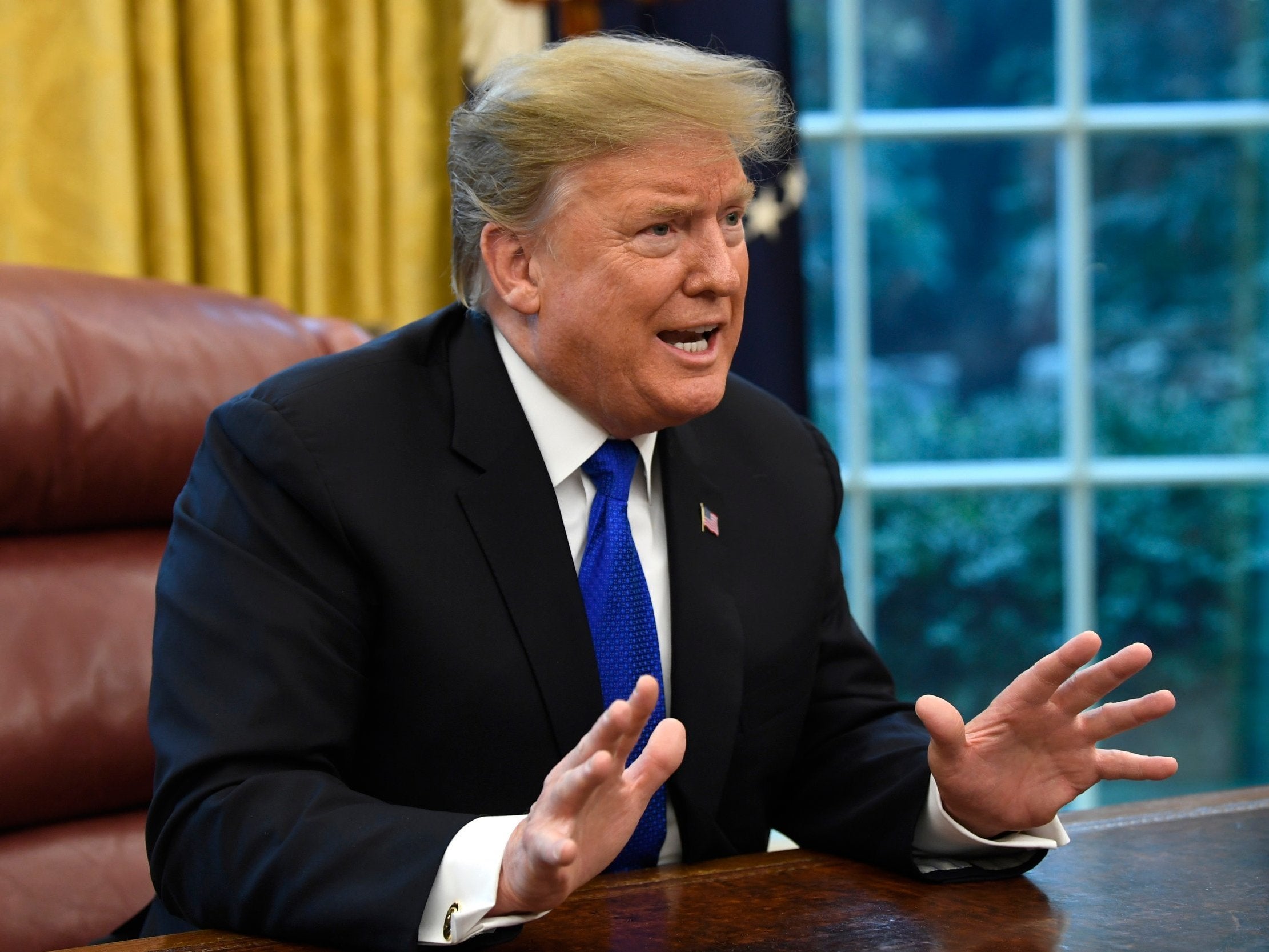

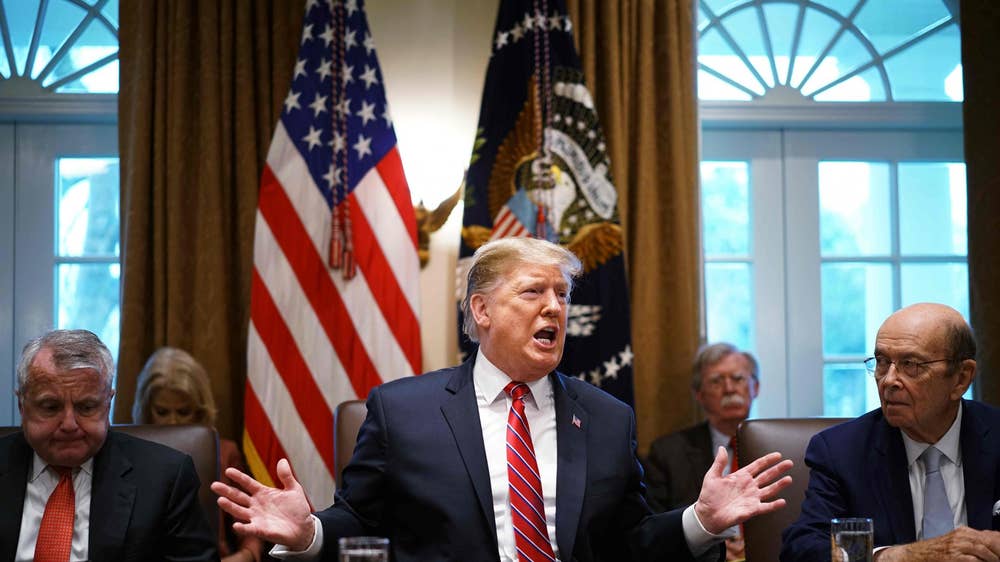
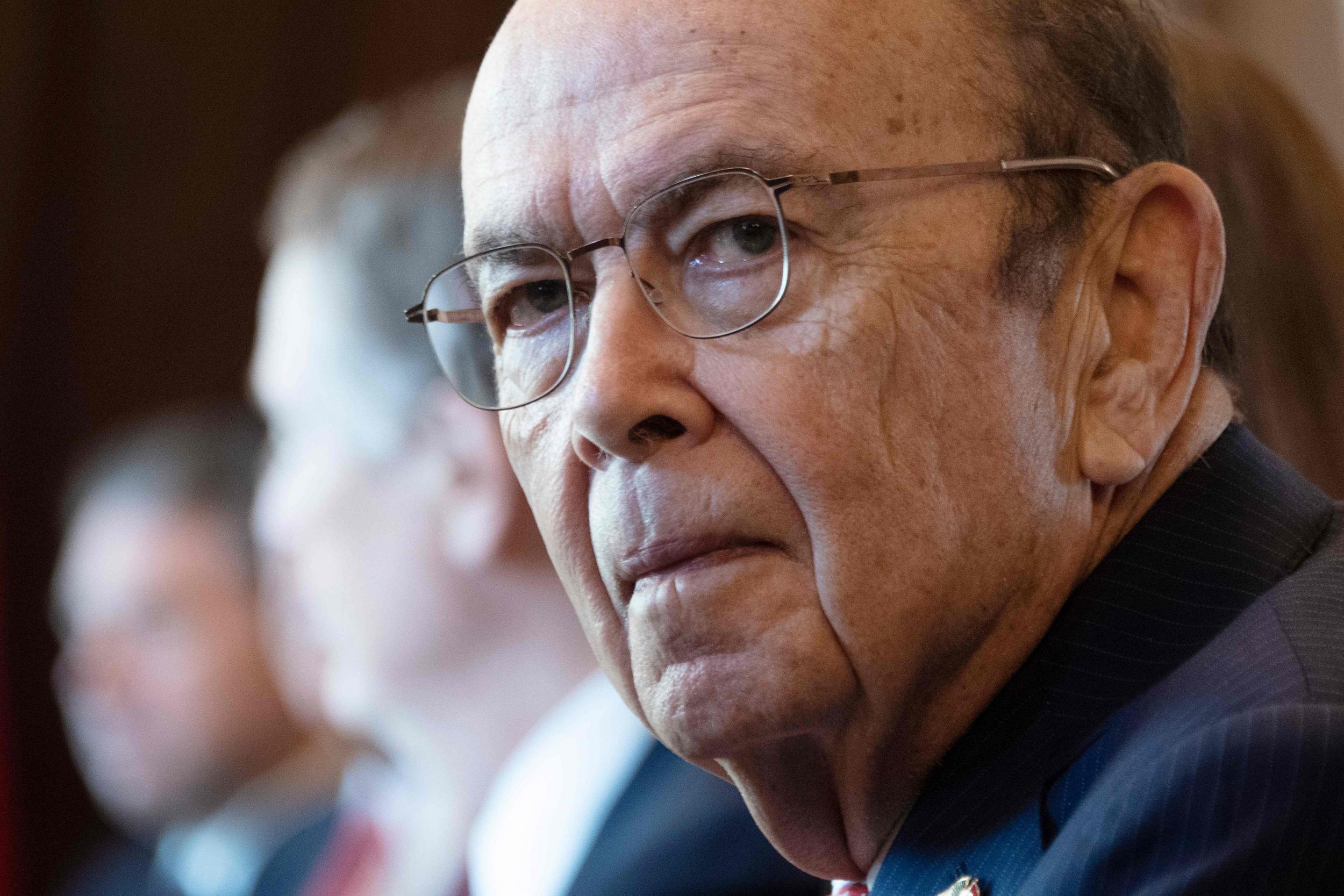
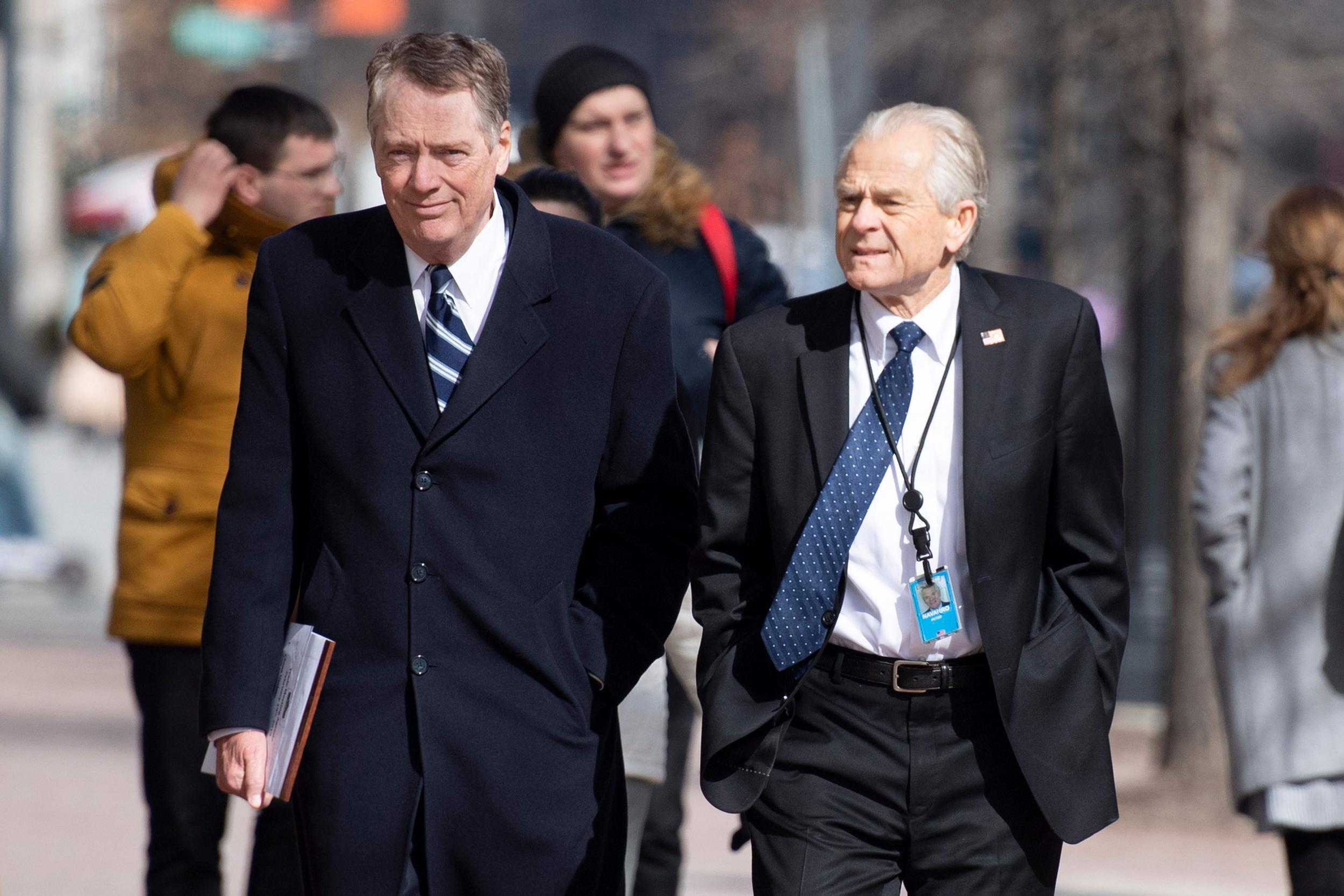
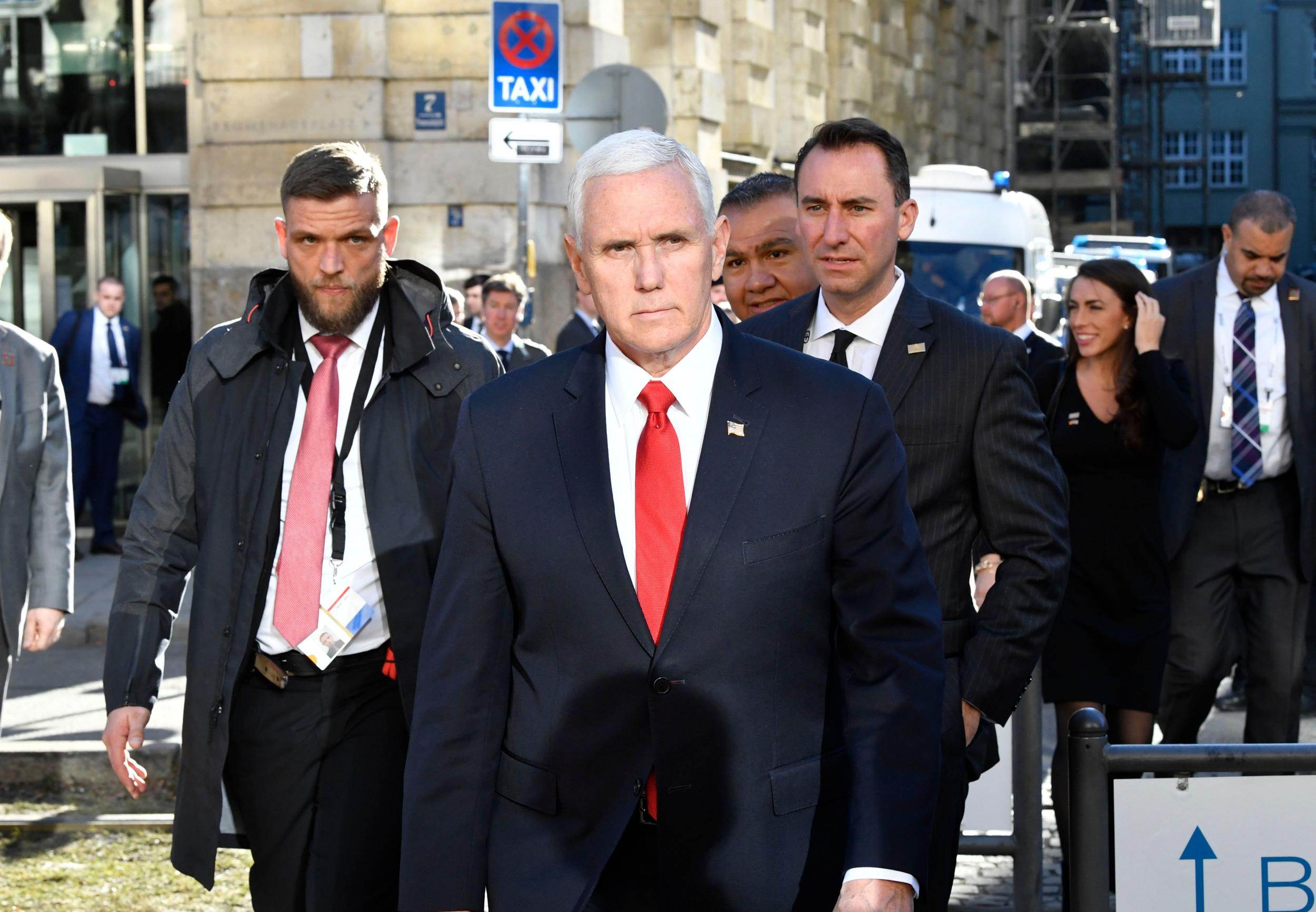
Nenhum comentário:
Postar um comentário